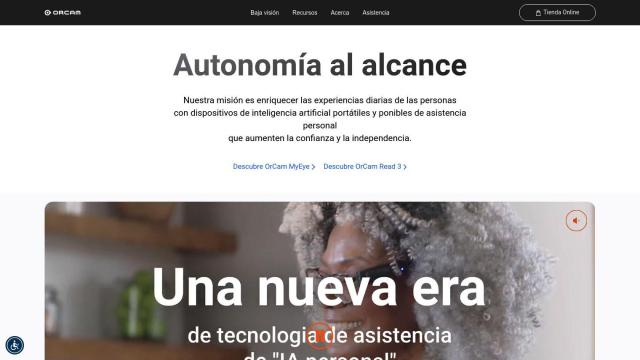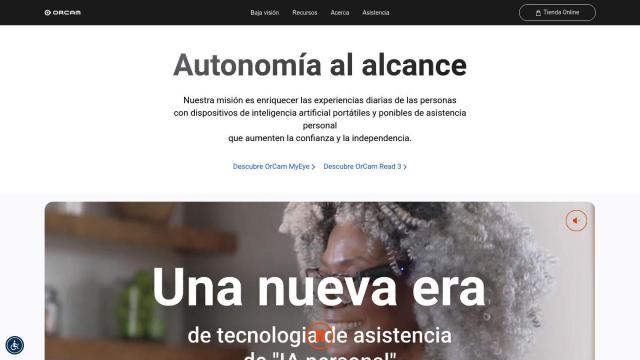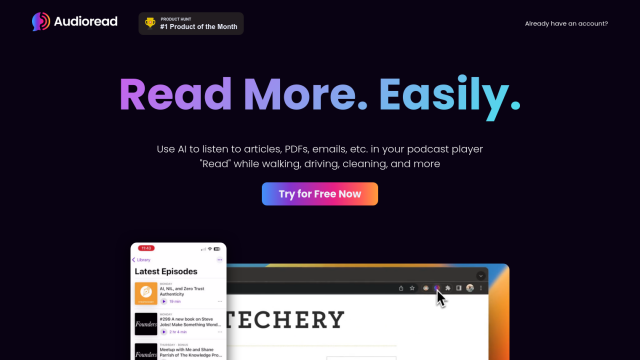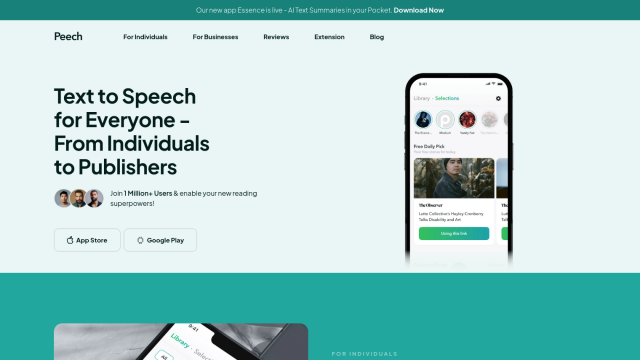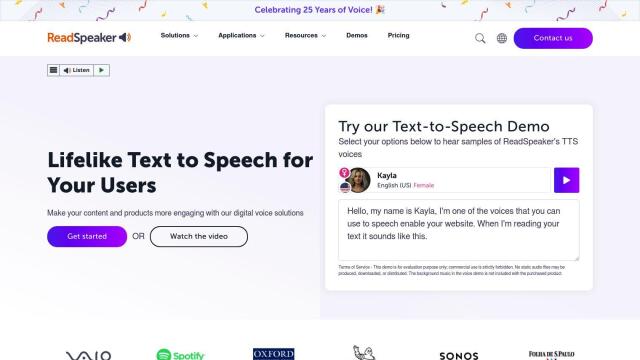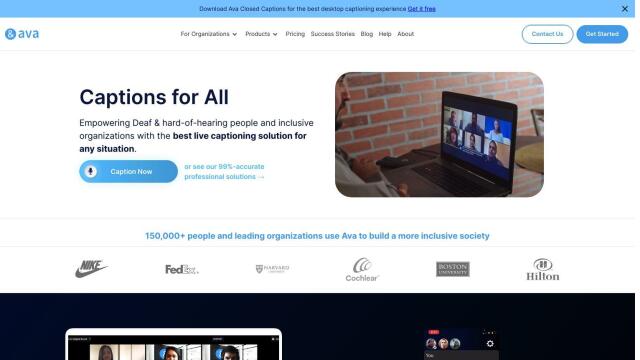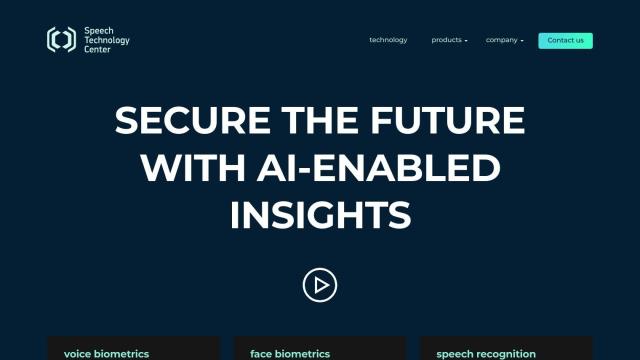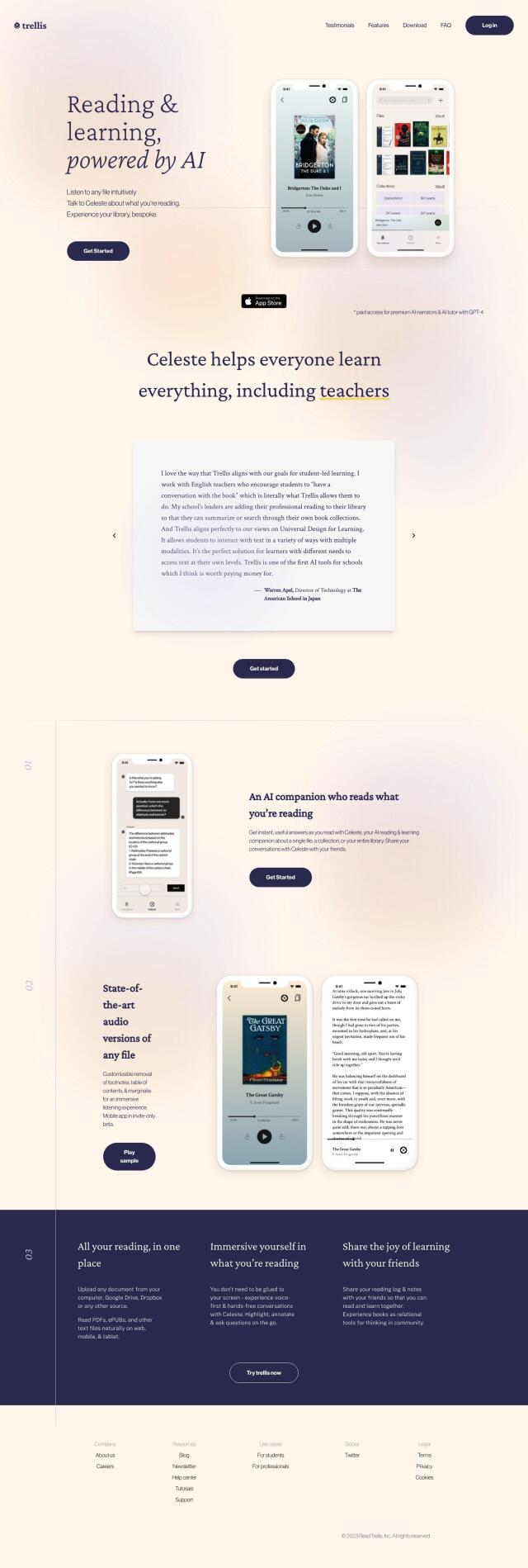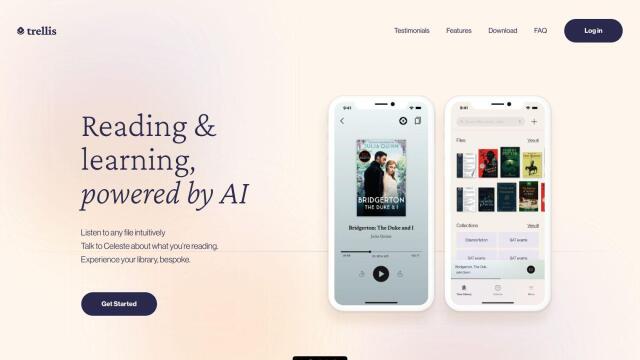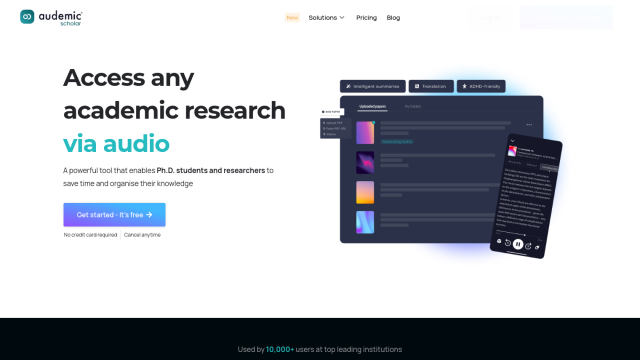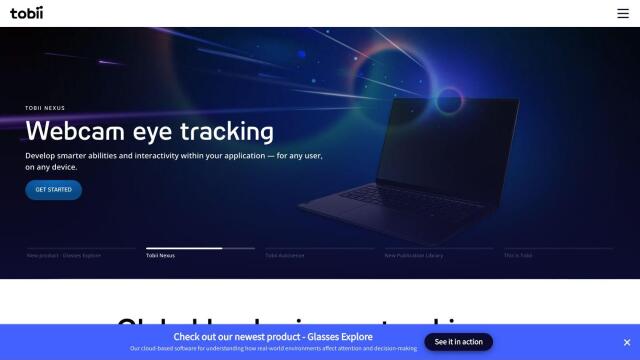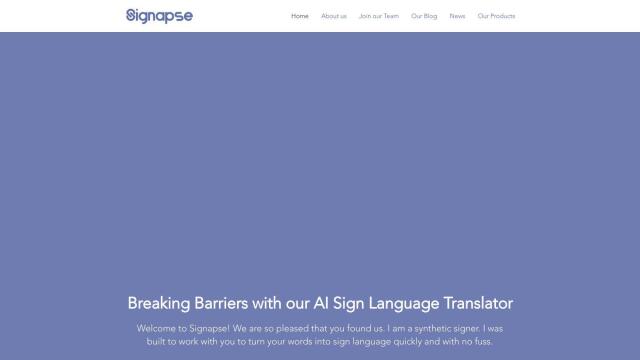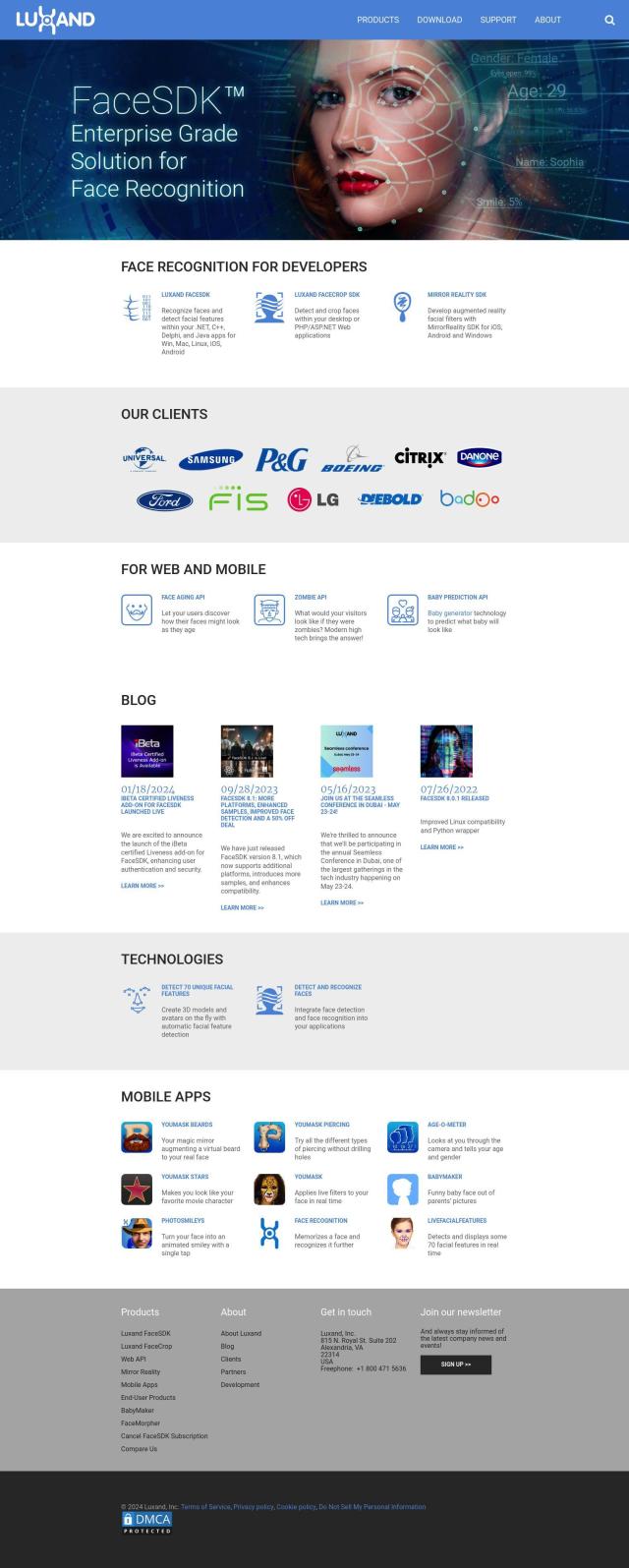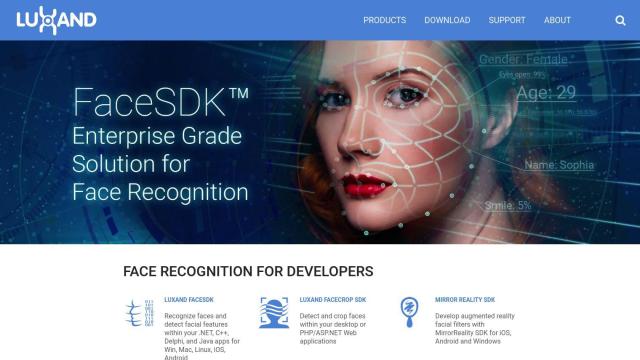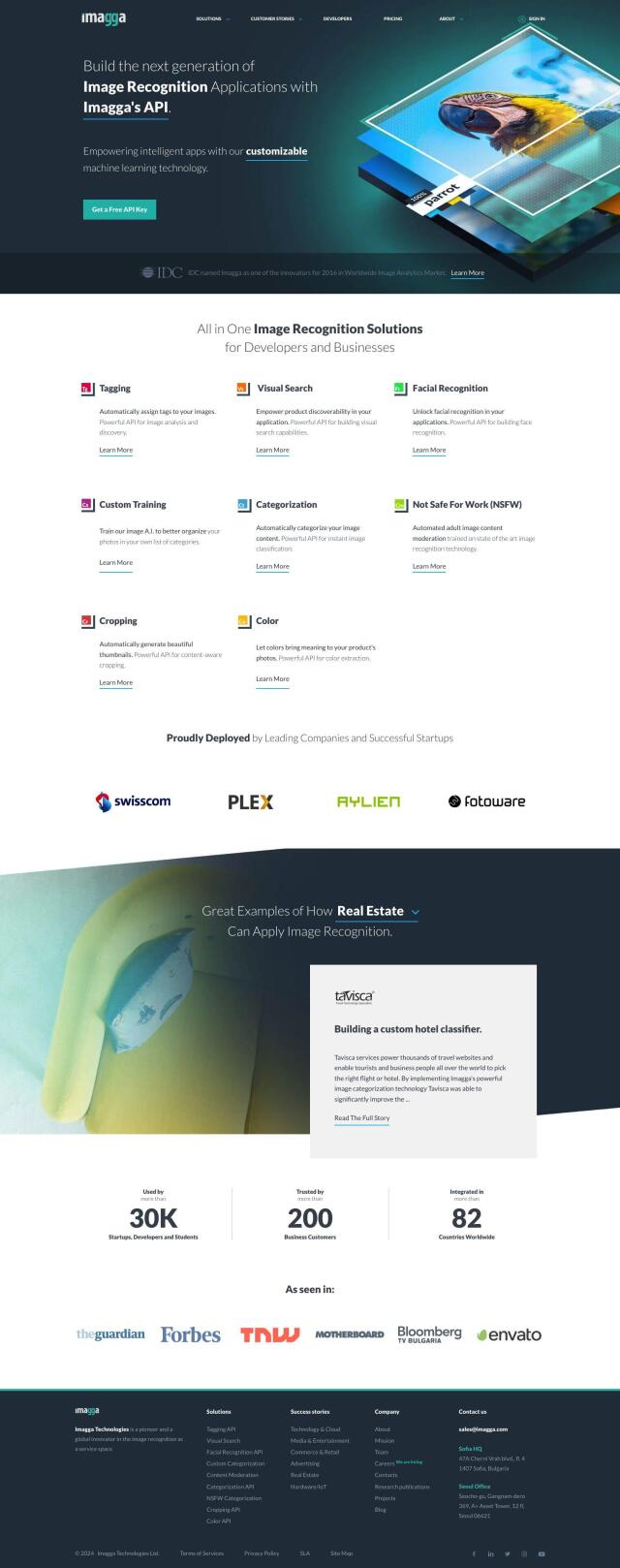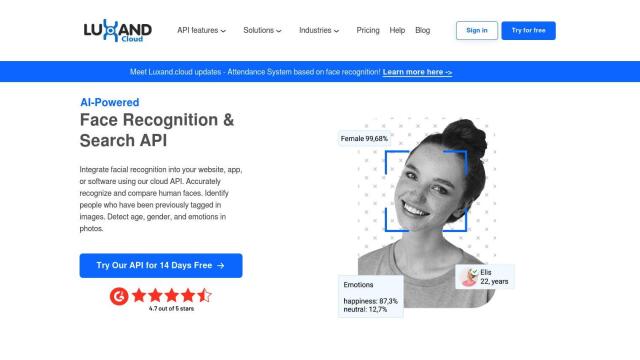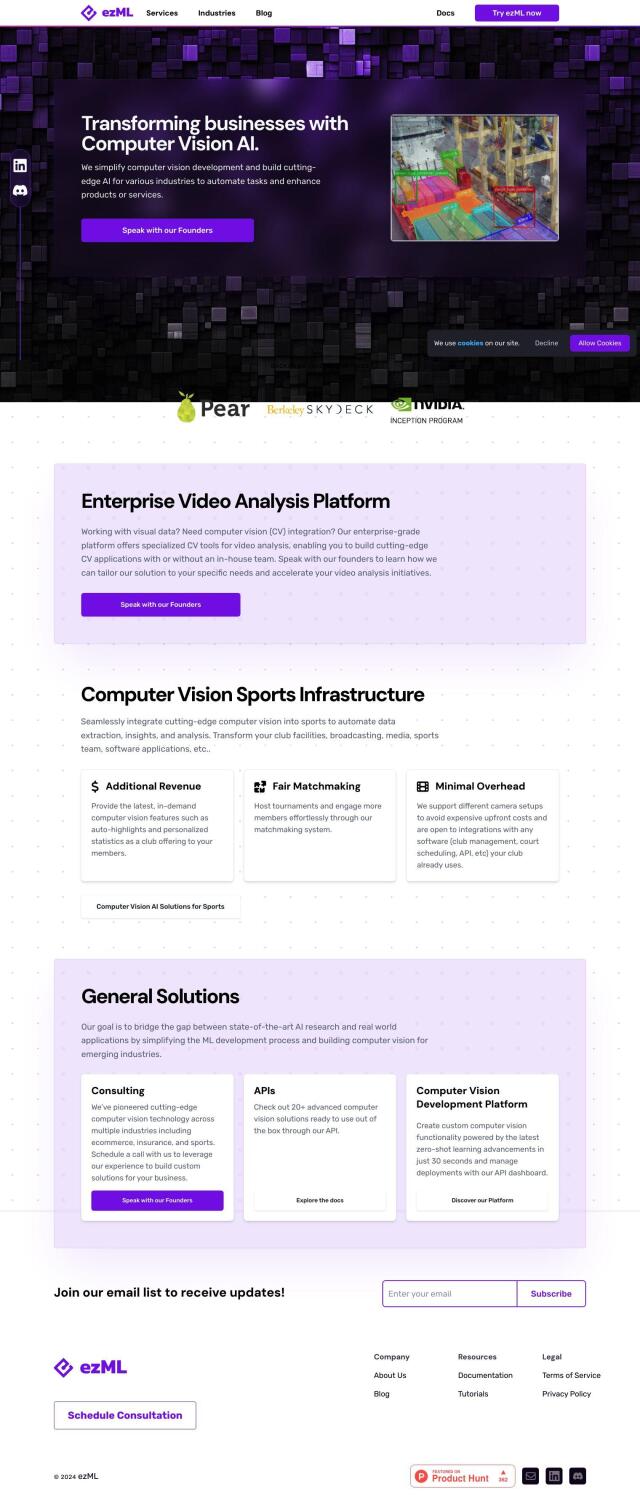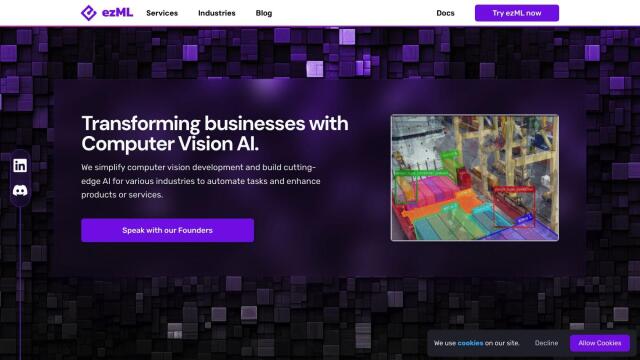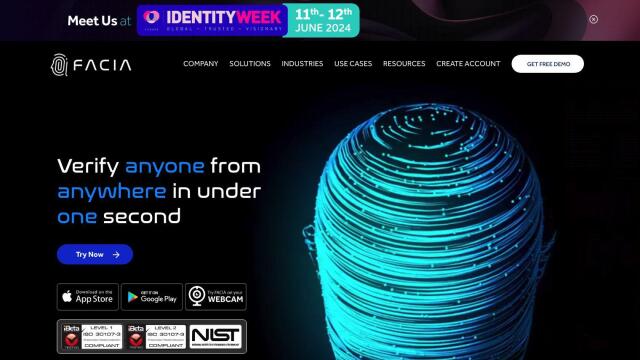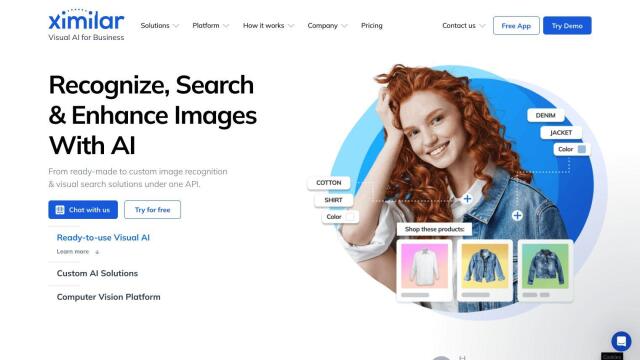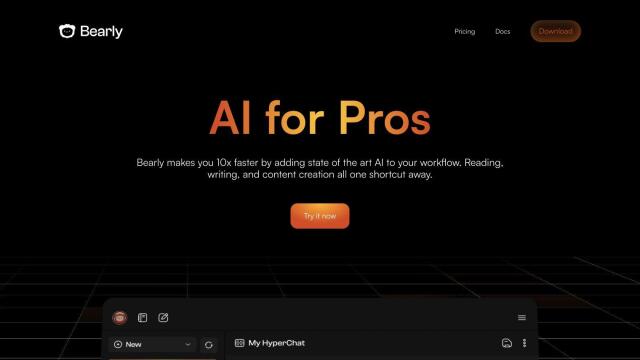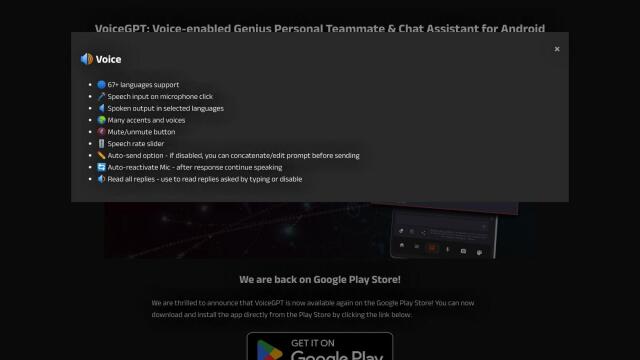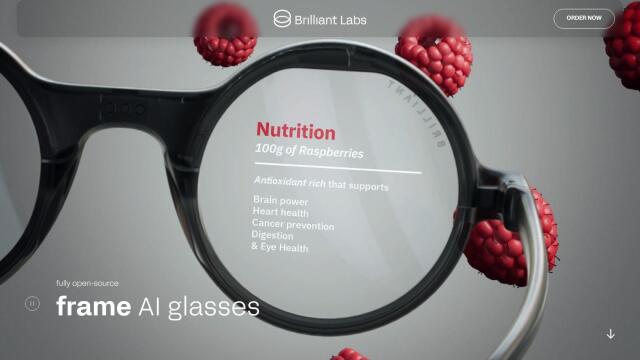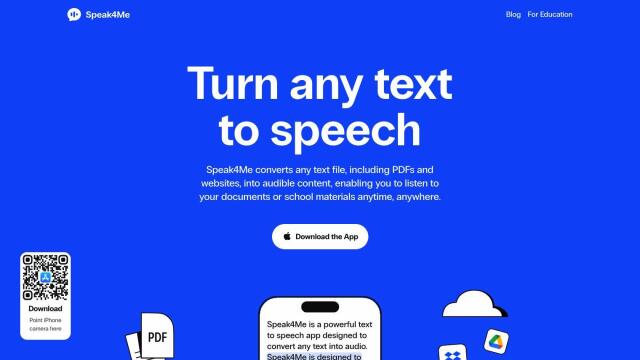
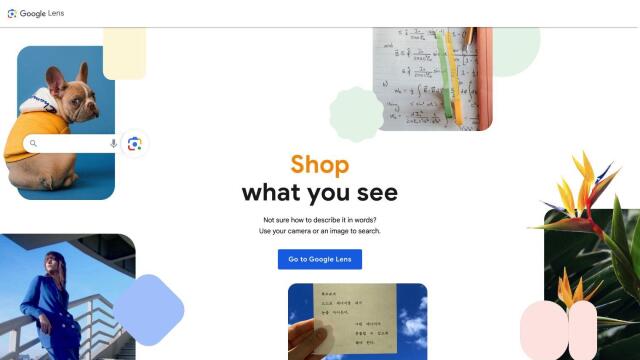
Google Lens
If you're looking for OrCam alternatives, one of the top contenders is Google Lens. This built-in feature in several Google apps uses a phone's camera to search, identify and offer information about things in view, including text, objects, and more. It can recognize text in real time, translate it into more than 100 languages, and identify plants and animals, too. That makes it a useful tool for getting around and finding information.

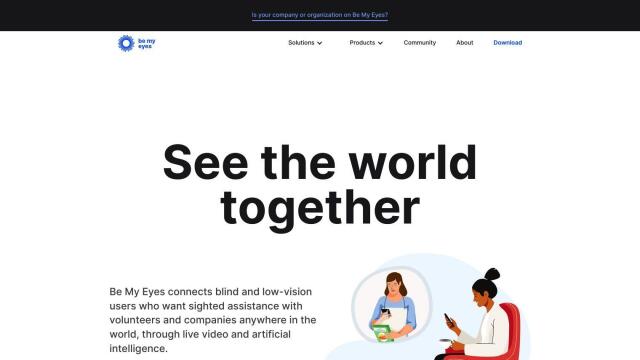
Be My Eyes
Another contender is Be My Eyes. This service connects people who are blind or have low vision with sighted volunteers and businesses through video and AI technology to improve accessibility. It offers live video help, a directory of accessible services, and an AI-powered photo description feature that lets people use their phone to take a photo and get a description, so it's a good all-purpose tool for daily living.

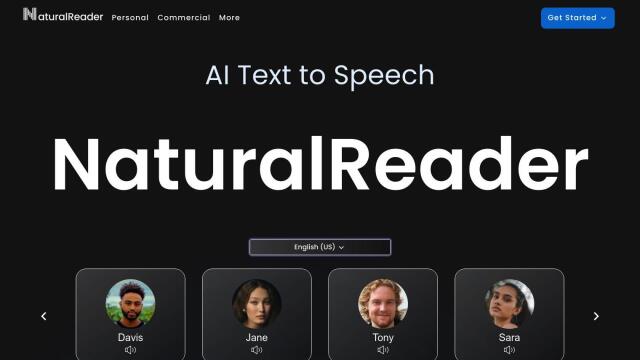
NaturalReader
If you want more advanced text-to-speech technology, NaturalReader is a good choice. It works in more than 50 languages and offers voice cloning, content awareness and an OCR camera scanner to turn print documents into text. That can be a big help for people with vision loss who want to be more productive and independent.
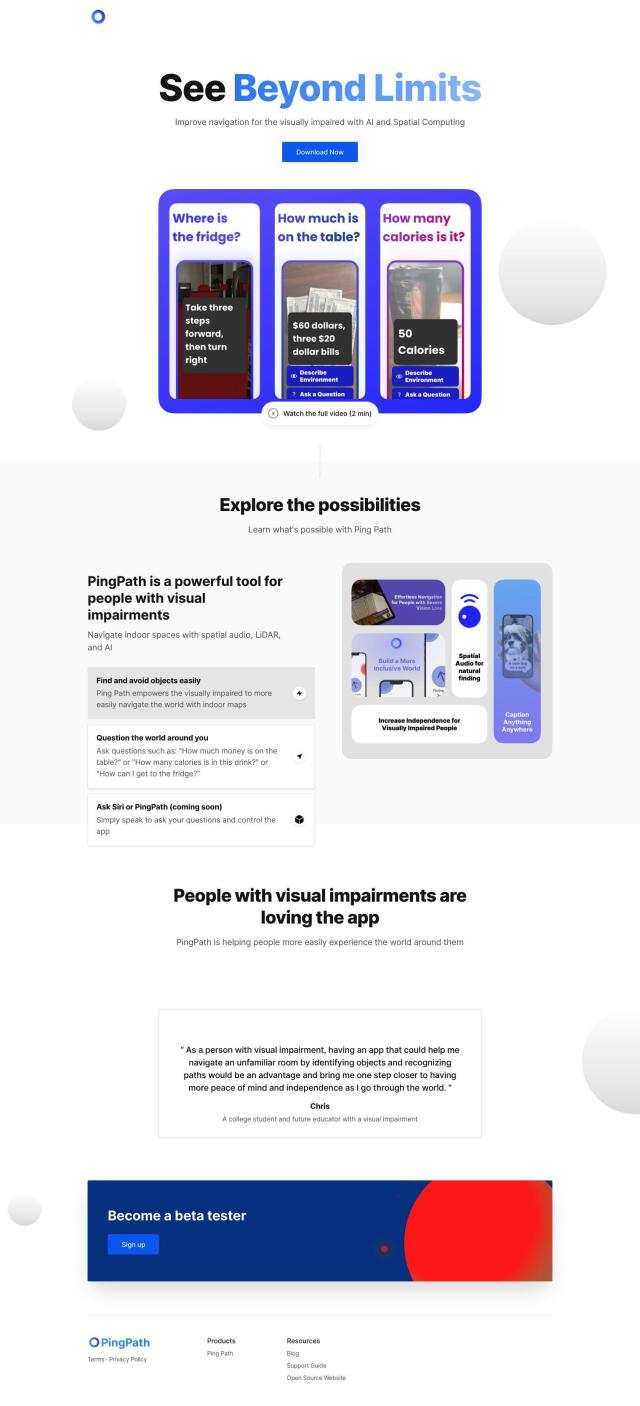
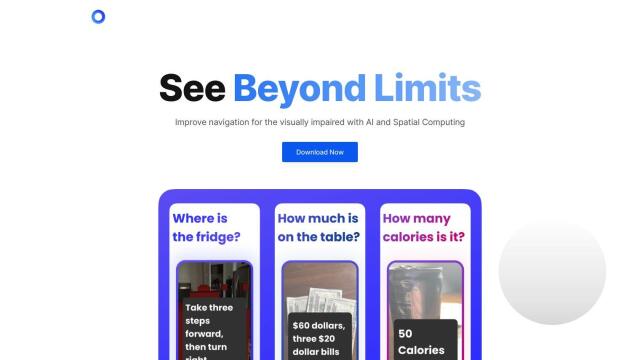
PingPath
Last, PingPath is an AI-based indoor navigation system designed to help people with vision loss get around. It uses spatial audio, LiDAR and AI to detect and identify objects and give voice prompts and integrate with Siri for voice commands. That can be a big help for people who want to be more independent and confident when they're in new places.
